The September sun gave no hint yet of its softer winter warmth. The moment it rose over the mountains it brought people out in a sweat, then hung red and proud until the time came for it to set in a blaze of scarlet. That was when the small mountain village of Dazhang shook off its sunbaked torpor and came to life. After a day of quiet, it was now impatient to let off steam. A black dog drove a clutch of chickens out from the bamboo grove. The commotion was too much for an old ox, returning home at day’s end. It
lifted its head and let out a long bellow. Black smoke spilled from the chimneys and was carried swiftly up the hillsides where it gathered and grew into dark clouds.
Night was falling. Zhang Yingcai had spent the day beneath the large camphor trees at the edge of the village. He turned the last page of a novel which he was reading for the second time. He could hardly bear to put it down. A Small Town Youth was written by a cadre from the county’s cultural centre. When he graduated last summer, Yingcai had staged a burglary from the school library so he could keep this beloved book to himself. It was a large operation, six burglars in total. Originally there had been just five, but they’d run into Lan Fei in the library. Fortunately, they discovered he was also there to steal books. First, Lan Fei tucked a book on the political treatise “Thick Black Theory”under his arm, then several volumes on Machiavellianism in bureaucracy. The others picked out books on domestic appliance repairs, machine maintenance, breeding, and cultivation. Yingcai only took this novel, then went outside to stand guard. He’d heard that Station-Head Wan, the head of the township’s education station, was due to visit, so Zhang Yingcai went to wait at the edge of the village every day, taking the book with him. He finished it in just a few days.
The more he read, the more he realised the wisdom of his class teacher’s catchphrase for motivating his pupils: Better to die in the sewers of a real city than to live among the springs of Jieling. Jieling was a tiny settlement, perched on the highest, most distant and inaccessible spot in these mountains. Just standing at the door and looking up in its direction was exhausting.
The thought made him reflect on his time at high school. He had spent four years there instead of the usual three. The fourth year was a repeat, personally arranged by Station-Head Wan. Obsessed with reading novels, Yingcai failed to pay proper attention to other subjects. He never scored more than thirty per cent in any maths test. His class teacher reprimanded him for letting his uncle (the station head no less) down. He even suggested, with great sadness, that Yingcai must surely have been sneaking sweet potato
from Jieling to have performed so badly in maths. The mountainous settlement produced not only sweet potatoes, but also sweet-potato shaped people. (They even had a different name for the vegetable, calling it hongshao instead of the more common hongshu.) People from Jieling were such stupid, fat sweet potatoes they couldn’t even use chopsticks. Jieling is also famous for the fact nobody there had ever been to university. When Yingcai started his third year, the main school gate faced in the direction of Jieling.
But by the time he repeated that final year, the parents of other children who were re-sitting years had given money to have the gate moved. It now faced away from Jieling — and the passing rate in the national university entrance examinations had doubled. Sadly, the beneficiaries had not included Zhang Yingcai.
……
展开

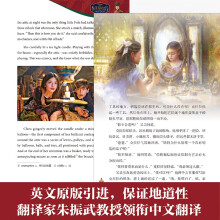
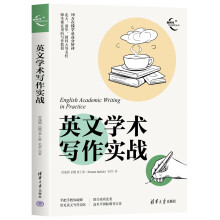
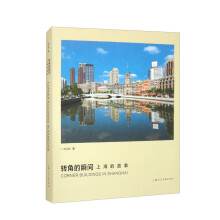

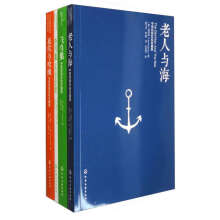
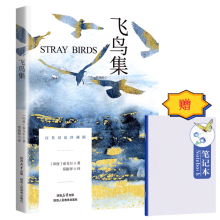




——周新民
“《天行者》不是一部简单的乡村知识分子精神的颂歌,而是一部意蕴丰厚的现实主义力作。”
——陈瑶
“《天行者》可谓是民间英雄的再现之旅。”
——尹正保
“‘当代诗人北岛在其《回答》中有名句云‘卑鄙是卑鄙者的通行证,高尚是高尚者的墓志铭’在这里,我篡改北岛的名句,用以评价刘醒龙的长篇小说《天行者》。”
——王春林
“在长篇小说《天行者》中"作家大胆闯进描写对象‘自我'内心世界中去,准确又合乎逻辑地揣摩人物在特定情势下的所想、所说、所做,同时保持他清明的理智和独特的创作个性对生活、对人有自己的敏锐观察和见解"对他笔下的每个人物还做出了恰如其分的美学评价。”
——王子杰
“《天行者》零距离的描绘了中国乡村教育的现状,总体上来说是’民办教师的纪念碑,乡村学校的艰辛史。”
——宋辰博